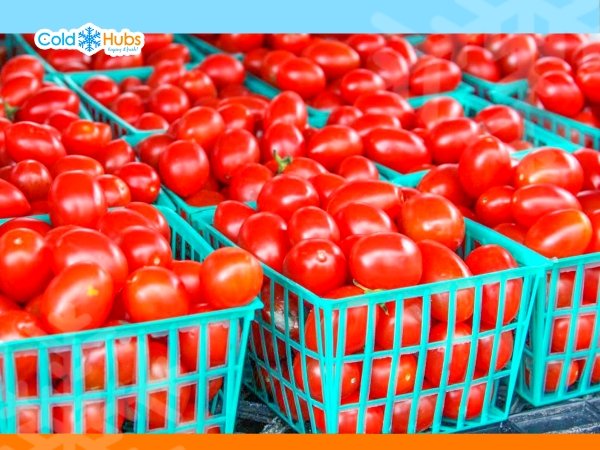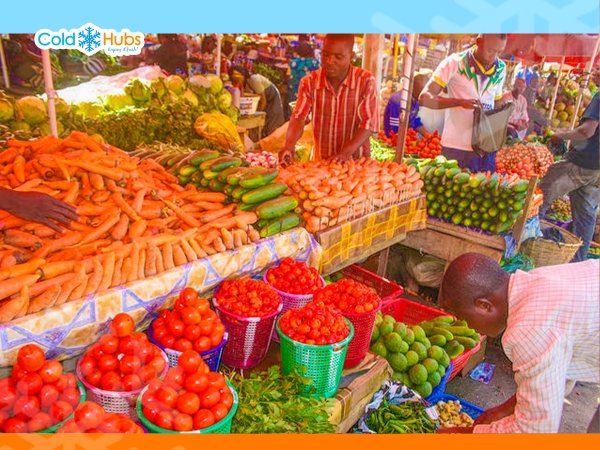In African countries, post-harvest losses are one of the numerous challenges faced by smallholder farmers, agricultural experts, government agencies, and policymakers.
Food waste and losses exposes Sub-Saharan countries to the risk of nutritional deficiency, food insecurity, environmental degradation, and poverty due to their growing populations.
The African Postharvest Losses Information System indicates that countries in Africa waste more than 30% of fresh fruits and vegetables through inefficient post-harvest management. The losses affect small-scale farmers, whose millions in Africa depend on their production for food.
In Nigeria, about 1.8 million metric tons of fresh tomatoes are produced per year, but over 50% of these are lost due to poor storage systems, poor transportation, and a lack of processing enterprises. Tomatoes have been cultivated in Nigeria for a very long time and are an important component of the daily diets consumed by Nigerians, both fresh and in paste.
This makes it important to develop strategies for the development of the tomato value chain.
Most small-scale farmers live in areas where there is limited access to electricity. As a result, they don’t have cold storage facilities to preserve their fresh vegetables and fruits, and as a result, 30% of the fresh produce in Nigeria perishes before it gets to consumers. For fresh tomatoes, as much as 50% is lost before reaching the local markets.
Tomato losses in Nigeria
To increase the tomato value chain in Nigeria's agricultural sectors, there is a need to pay attention to how tomato losses are incurred. Post-harvest management challenges are one of the core problems faced by small-scale farmers in Nigeria. They also represent a significant waste of the resources used to grow this crop as well as a missed opportunity to supply nutrients to Nigerian consumers.
During ColdHubs' post-harvest management educational training session with the Farmers Association in Abat Market CBT Elekoson, Ibeju-Lekki, Lagos State, Nigeria, farmers revealed that most tomatoes get damaged before they get to the markets due to the high temperature and sometimes during harvest as a result of poor handling.
Traders in the markets also disclosed that they buy in smaller quantities based on customer demands and sometimes sell off at a lower purchase price to avoid spoilage.
Moreso, a poor transportation system, poor handling and packaging, a lack of cold storage, and poor agricultural education knowledge have been the factors affecting tomato production in Nigeria.
Cold Storage as a Sustainable Solution To Post Harvest Losses
Cold storage technology is the solution to reduce post-harvest losses; therefore, ColdHubs as an organization has made a significant contribution to reducing food waste and post-harvest losses through the installation of 100% solar-powered cold rooms across 28 states in Nigeria to help farmers and traders cut down on spoilage and increase profits.
Nnaemeka Ikegwuonu, CEO and founder, disclosed that the solar-powered technologies are clean energy solutions with environmental benefits for vegetable and fruit storage, while adding that it costs a lot of fortune to construct and maintain a solar cold room.
It means that smallholders cannot afford a cold station as the majority of them are low-income earners.
Africa needs solar-powered cold storage technology to boost its efforts to reduce post-harvest losses and attain food security. But costs and affordability make it very challenging for African-based solar service providers.
The private sector, like Coldhubs and other cold chain industries, needs government participation to provide a conducive environment and reduce taxation fees that limit the speed of operations in the industry.



